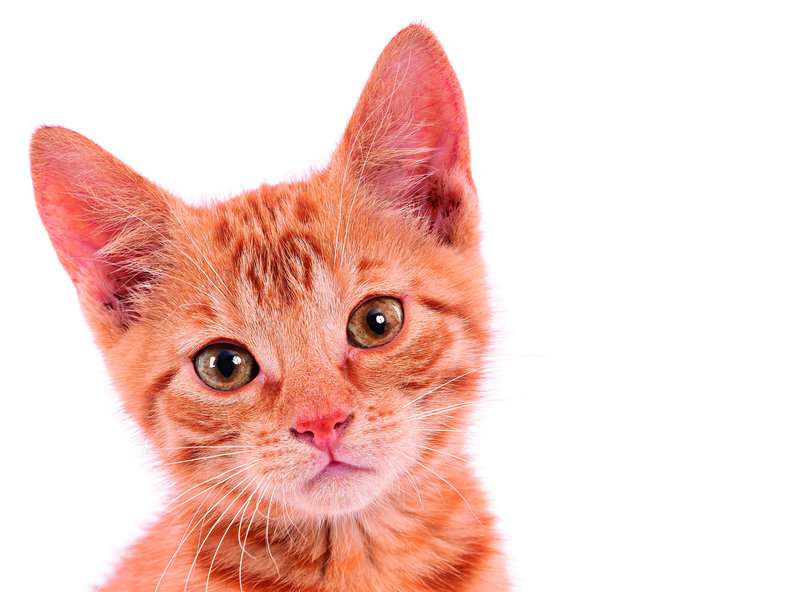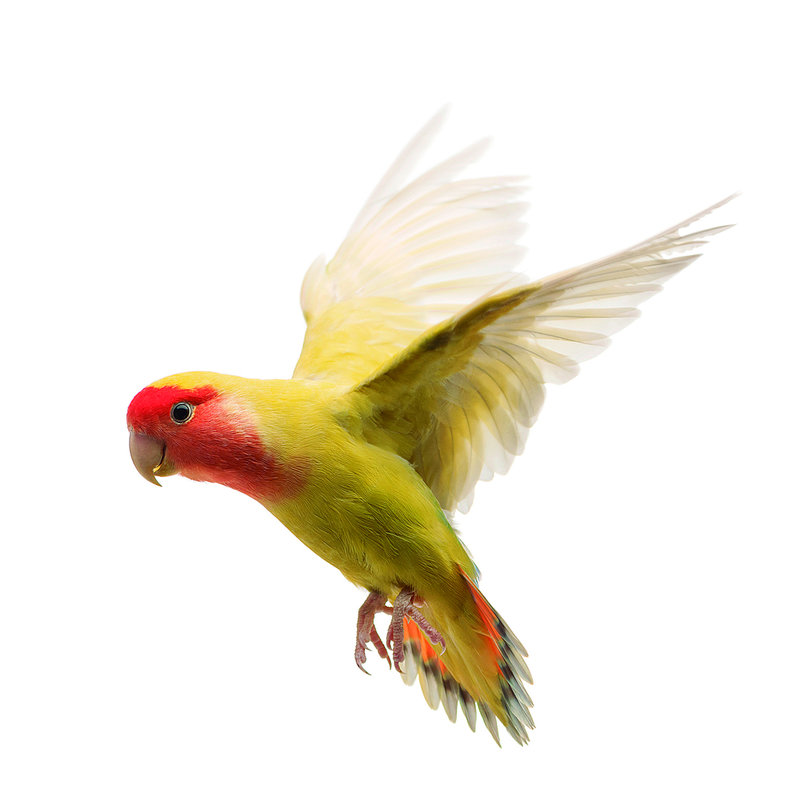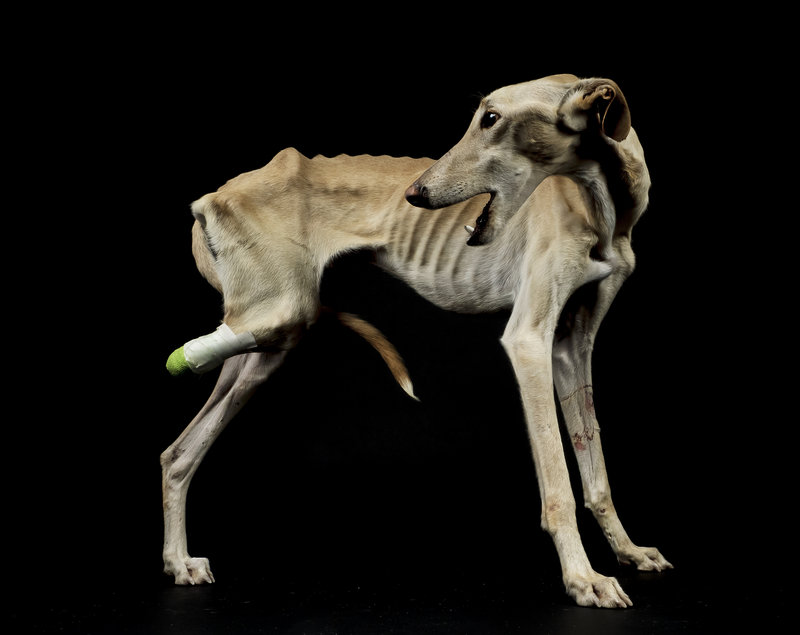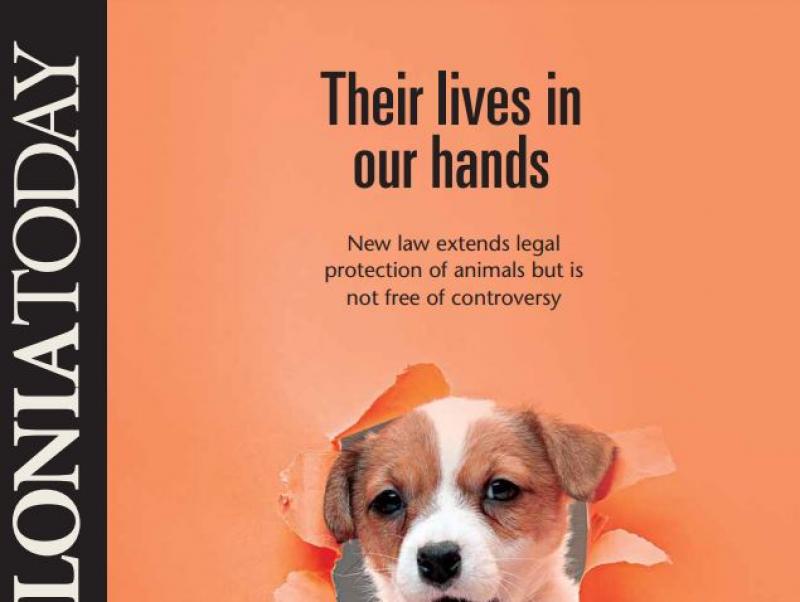Life partners
As the well-known campaign slogan goes: Pets are for life, not just for Christmas. In fact, animals are sentient beings and choosing to have one is a major responsibility, as a new animal welfare law due to come into effect this year recognises
There are nine million dogs and over four million cats registered in Spain. These numbers show how big an issue pets are and this year will see new animal welfare legislation come into effect. The legislation aims to eradicate the abandonment and mistreatment of pets, regulate the purchase of animals and promote animal adoption. What’s more, animals are to be considered sentient beings with certain rights rather than just possessions. Pet custody will have to be taken into consideration in divorce cases, for example, and animals will only be put down if a vet considers it necessary to avoid suffering.
The law is not without controversy. Among the objections to the legislation is that it will exclude certain animals, such as those used in experimentation, bulls used in bullfighting and hunting dogs. This has led to protests by animals rights organisations and according to Sandra Vega, a member of the legal team of the Foundation for Advice and Action in Defence of Animals (FAADA), the reason for excluding hunting dogs is due to pressure from regions where hunting is important: “It is explained by political and economic interests,” she says.
Nevertheless, the law is a step in the right direction. From a legislative point of view, for example, it will unify the 17 regional animal welfare laws, many of which are out of date. “It’s beneficial because it means having a legal framework in Spain that lays the foundations for animal protection. We need it,” says Vega who adds that everything will depend on whether it is actually enforced.
Photographer Andrés López is the founder of the Invisibles Project, in which he takes and displays photos of animals under the protection of public and private organisations to focus attention on their plight and encourage their adoption. “We don’t consider ourselves to be animals and this is the origin of the violence we do against animals, because we don’t feel they are our brothers and sisters. Why do we abuse them? Why do we abandon them? Because we see them as objects,” he says. López works with very different organisations. “I know it is said that the new law is basic, but we have to go step by step and having nothing is worse,” he says.
The photographer has joined the protests against excluding hunting dogs from the law. “These are the cases that have made the biggest impression on me. They are the dogs that have suffered the worst physical and mental abuse. They shrink when they see you. They fear men, not humans, men, who are the ones who beat them. Female volunteers have to take care of them. The hunters deny it, but you only have to take a walk in hunting areas to see what happens in February, when the season ends,” he says.
According to the Animalist Party Against Mistreatment of Animals (PACMA), in 2019 over 8,000 hunting dogs in Spain were rescued (almost a thousand in Catalonia). Of the total, nearly 6,000 were greyhounds. PACMA also protests the law excluding hunting dogs and points out that it is not only about the dogs that are abandoned but also those that are killed.
The Observatory of the Affinity Foundation publishes annual figures of abandonment and adoption of cats and dogs in Spain. Of the 300,000 animals taken in by shelters in 2021, some 170,000 were dogs and 120,000 were cats, and just over 50% of these dogs and cats were adopted.
There are 1,591 registered animal shelters in Spain, some 85% of which are small private initiatives. An example is the Jardinet dels Gats, in Barcelona, a private shelter for adult cats that was set up in 2004. Since then the operation has grown to include dozens of volunteers working in teams according to clear protocols to sterilise, relocate, feed, deworm, vaccinate and provide medical attention to stray cats.
“It’s essential that the authorities take responsibility for feral cat colonies; we volunteers or animal welfare organisations have very limited resources. It’s necessary to move forward, professionalise and recognise a task that is carried out almost anonymously and that is for the wellbeing of the community,” says one of the founders, Àlex Salvador.
Care and control of cat colonies must be a key point of the law. CER, the capture, sterilisation and return method, has been shown to be the only really effective tool to control and reduce feral cat colonies. Sandra Vega explains: “The CER method will be part of the law and will have to be applied. Some sectors have promoted the idea that cats are a problem for biodiversity, but that’s not true.”
Vega agrees with Salvador that “these animals are the responsibility of the local authorities and their management, supervision and protection is up to them. We already knew that, but the new law reaffirms it.”
Vega is also keen to highlight another issue: “While there’s controversy about the status of feral cat colonies and their impact, or attention is distracted by the issue of hunting dogs, the debate on animal abuse goes by unnoticed,” she warns. Will the perpetrators of animal abuse be punished, she asks, will the new law be enforced and these people go to prison or be fined and let off with community service? “We who file criminal charges are very concerned about amendments that may lower the protections afforded to animals,” she adds.
Noe Terrassa is an anthrozoologist and FAADA technician. Whatever happens, she explains, the law must be accompanied by education and we have to start by talking about animals as companions, cohabitants, family members. As an anthrozoologist, she studies the relationship between humans and animals. Among other projects, she is working with social services in Barcelona to assess the bond between homeless people and their animals, which is shedding light on the nature of these relationships.
Terrassa points to the issue of unrealistic expectations. “Any relationship imbued with expectations will cause a clash between what you want it to be and reality. If applied to an animal there will be no balance. If we think we want a very affectionate cat, we’re asking for trouble because perhaps we’ll be frustrated,” she points out. “Will you accept a cat that doesn’t want to come near you?”
When there is no balance in the relationship is when people get rid of the animal, says Terrassa, who argues that adopting an animal should be seen as adding a new member to the family, and in a functional family everyone’s space must be respected, regardless of their species.
feature animal welfare
feature animal welfare
Hunting dogs
The dog in the photograph is called Antón. When his owner, who was a hunter, decided that Antón was no longer of any use to him, he left the dog tied up, and what’s more with a broken leg. The leg later had to be amputated. This photograph of Antón was used on a bus that was hired by animal rights organisations for protests outside the Madrid and Barcelona headquarters of Spain’s ruling Socialist party. The protestors accuse the Socialists of giving into pressure to exclude hunting dogs from the new animal welfare legislation. The message of the protestors is clear: whether pet dogs or hunting dogs, they are the same dogs and should be protected by the same law.
The image of Antón was taken by the photographer, Andrés López, who has carried out the Invisibles solidarity project for nine years. He estimates that he has done portraits of more than 10,000 dogs and cats that have ended up in animal shelters, forgotten and alone, because the humans who were supposed to take care of them decided not to anymore. Thanks to López’s work, many of those animals have been adopted, but many others have ended up dying in a cage with the volunteers that care for them their only company.
The origin of this situation is always the irresponsibility of humans, whether it is purchasing a pet without any thought, abandonment, mistreatment, abuse and even torture, especially in the case of working dogs. “It’s very painful and the only joy is when they are adopted by responsible people. We must remember that taking them off the street is not the end of their suffering. Their torment does not end when they arrive at an animal shelter. They are still prisons. The volunteers give them a lot of affection, but when night comes they are locked in a cell alone. Dogs and cats are best as part of a family. People think cats survive well out on the street. But it’s not true, they don’t last very long. Some of the diseases they suffer from are terrifying,” says López.
Yet the photographer adds that in his experience, no matter how horrible the lives of these animals might have been, they can all recover and have another chance. A good example are those dogs labelled unfairly as potentially dangerous - a label that the new law will remove from them. “They tell us that they are very bad, that there’s no solution. But that’s not true either. They can all be retrained. No animal is a lost cause. When there’s a problem, you can find a solution, as you would in your family. What would you do if your child came home from school saying he was being bullied by another boy? You would look for a way to help him,” he concludes.










